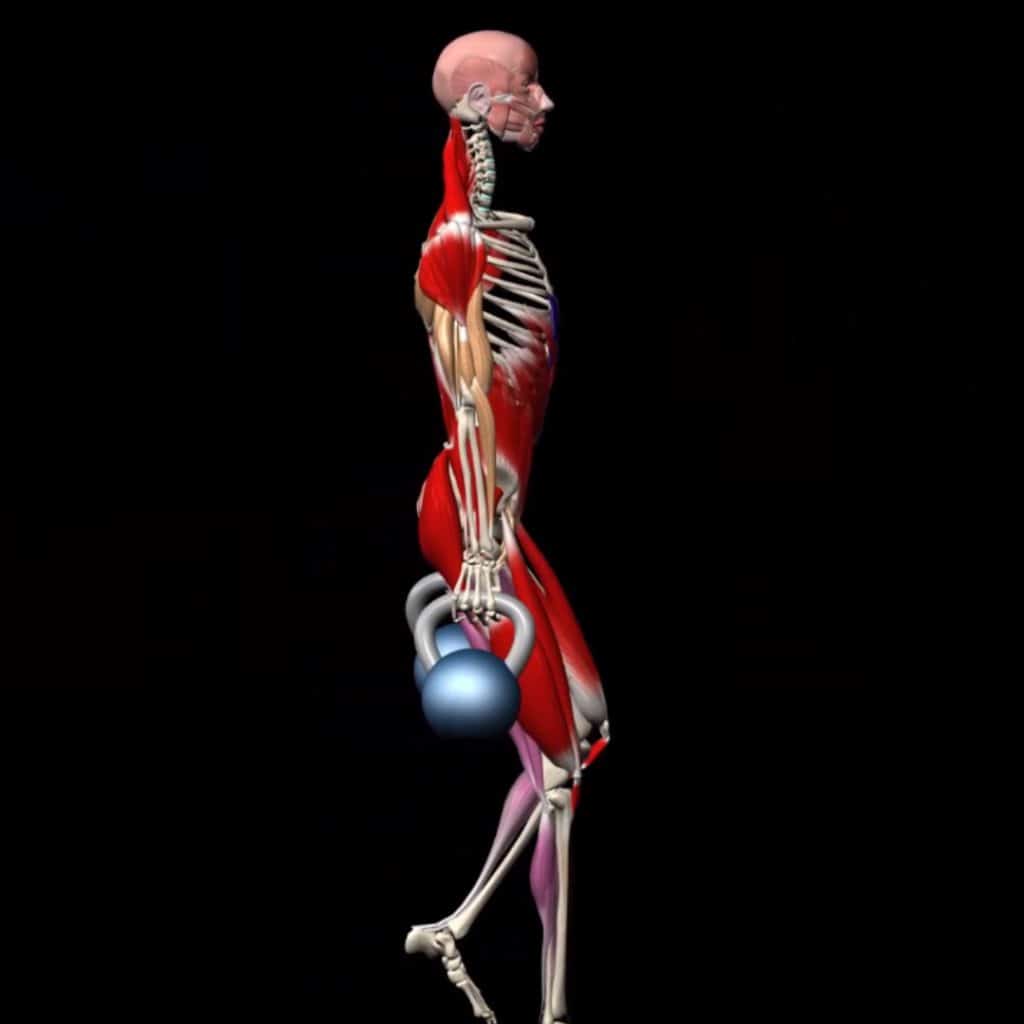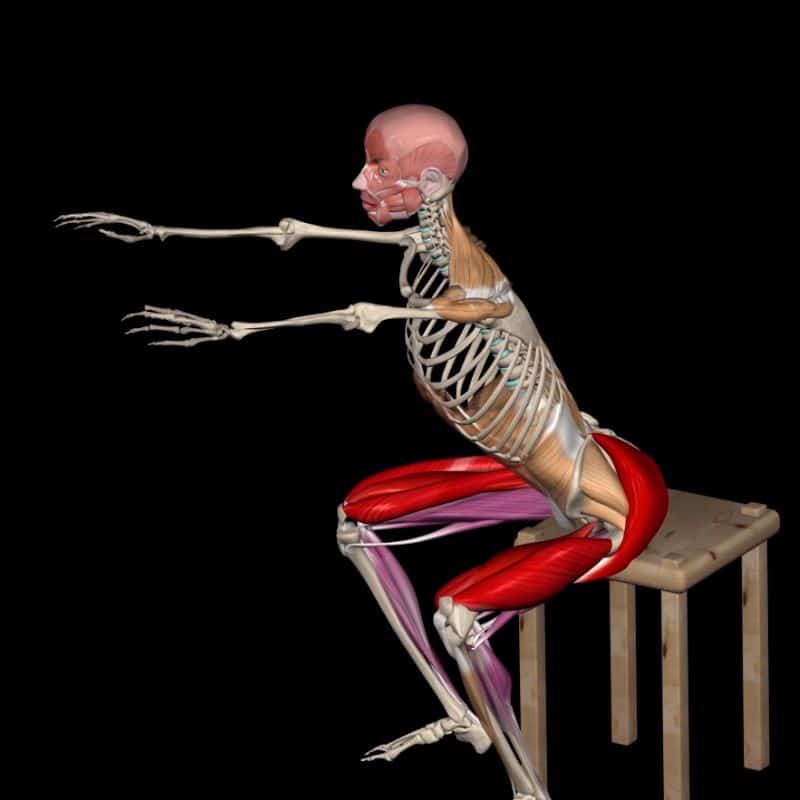Functional strength training is a type of exercise program that has become increasingly popular in recent years. Unlike traditional forms of exercise that focus on specific muscle groups, functional training is designed to improve overall movement patterns and help individuals perform everyday activities, also known as Activities of Daily Living (ADLs), with greater ease and efficiency.
In this Muscle and Motion article, we will explore what functional strength training is, why it is important, and how it compares to other types of exercise.
Functional strength training is a type of training that involves exercises with movements that mimic everyday activities such as walking, lifting, and bending. Traditional strength training exercises, such as bench presses and biceps curls, are great for building muscle mass and strength but may not translate well to everyday activities. In contrast, functional training is all about training the body for the movements we use in daily life. It’s a type of exercise that emphasizes movements that closely resemble everyday activities.
For example, if you want to improve your ability to carry groceries, the most functional exercise would be the farmer’s walk, which involves gripping and carrying weights in each hand while walking. By incorporating functional exercises like the farmer’s walk into your workout routine, you can improve your overall fitness and train your body to handle the physical demands of daily life.

Why is functional strength training important?
Functional strength training is essential for people of all ages, not just older individuals. While functional training can help older adults maintain their ability to perform daily activities, it can also benefit younger individuals who want to improve their overall fitness and athletic performance. For example, athletes who participate in sports that require specific movements, such as running, jumping, and throwing, can benefit from functional training exercises that improve their strength, speed, and agility.
Similarly, people who work in physically demanding jobs, such as construction or manual labor, can benefit from functional training focusing on the movements and tasks required by their job. This can help reduce the risk of injury and improve their ability to safely and effectively perform their job.
In essence, functional training is about training the body to move in a way specific to the activities and movements we perform in our daily lives, whether carrying groceries or lifting heavy objects at work. By incorporating functional training exercises into our workout routine, we can improve our overall fitness and reduce the risk of injury, regardless of age or fitness level.
Accessible anywhere and anytime
A significant advantage of functional training is that it requires little or no equipment, making it easily accessible to everyone – no matter where or when.ֿ Exercises such as bodyweight squats, lunges, and push-ups can be performed anywhere and modified to suit individual fitness levels. Functional training can be performed in various settings, including at home, in a gym, or outdoors.
So if you’re looking for a comprehensive, effective way to improve your overall fitness, consider incorporating functional strength training into your exercise routine and start reaping the results of this practical approach.
At Muscle and Motion, we believe that knowledge is power, and understanding the ‘why’ behind any exercise is absolutely essential for your long-term success.
Let the Strength Training App help you achieve your goals! Sign up for free.


